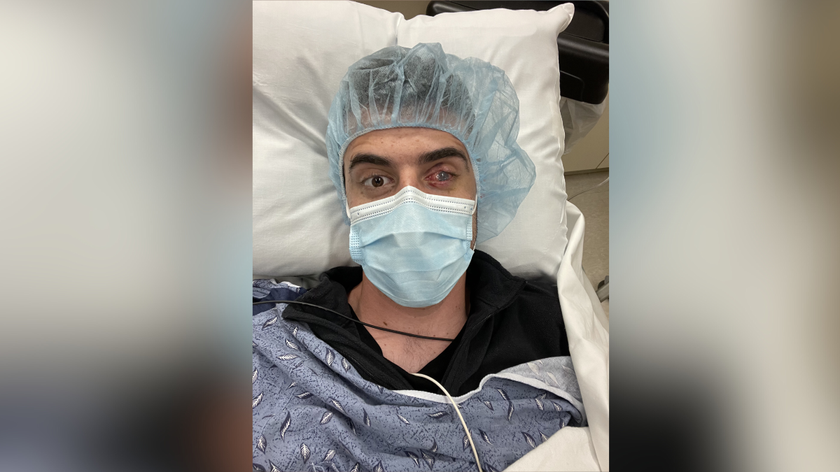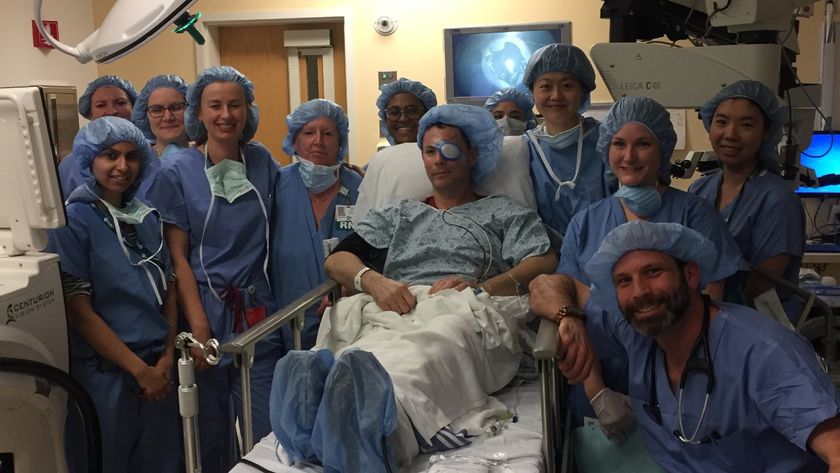Need Prostate Surgery? Be Patient No. 1001

Surgical removal of the prostate gland is no fun. And there are side effects, including potential erectile dysfunction (ED) and incontinence. A relatively new surgical technique may reduce the odds of those unwanted outcomes — but men will want to seek an experienced, gentle surgeon, one who has done the procedure a thousand times.
The new surgery, done with the help of a robot, spares nerves that otherwise can impact the patient long term.
Just as with golf, apparently, practice makes perfect. Researchers discovered that the new procedure, performed by surgeons who have done at least 1,000 of them, help ensure outcomes with fewer side effects.
"It would be helpful for men who seek a surgical cure for their prostate cancer to appreciate the nuances required by a surgeon to successfully protect erectile function," said Dr. Jim Hu, director of minimally invasive surgery in the department of urology at the David Geffen School of Medicine at UCLA and lead author of the study. "Like improving a golf swing, a technique for nerve-sparing surgery has many subtleties that are influenced by training, talent, a desire to improve, and meticulous review of technique and outcomes."
The results are detailed in the June issue of the journal European Urology.
Prostate cancer is the most commonly diagnosed cancer, after skin cancer, in the United States. Radical prostatectomy, the surgical removal of the gland, accounts for half of all therapeutic treatments.
The study is “one of the first to characterize a surgeons' learning curve for improving erectile-potency outcomes and to demonstrate and quantify gentler handling techniques,” the researchers said in a statement. What’s gentle about removing a walnut-sized gland from, well, you know where? A good surgeon minimizes stretch injury to the nerves around the prostate as it’s removed.
Sign up for the Live Science daily newsletter now
Get the world’s most fascinating discoveries delivered straight to your inbox.
Greater surgeon experience and a more delicate approach helped improve erectile function significantly. After five months, patients went from zero to as high as 33 percent in erectile-function recovery and at 12 months post-operatively, they went from 15 percent to as high as 59 percent.
"These are very good outcomes for the early months after surgery," Hu said. "Most men will continue to see erectile-potency improvements up to two years after surgery, so we would expect to see even better outcomes by then, especially if surgeons are effectively adopting the newer nerve-sparing techniques."
This story was provided by MyHealthNewsDaily, a sister site to LiveScience.












